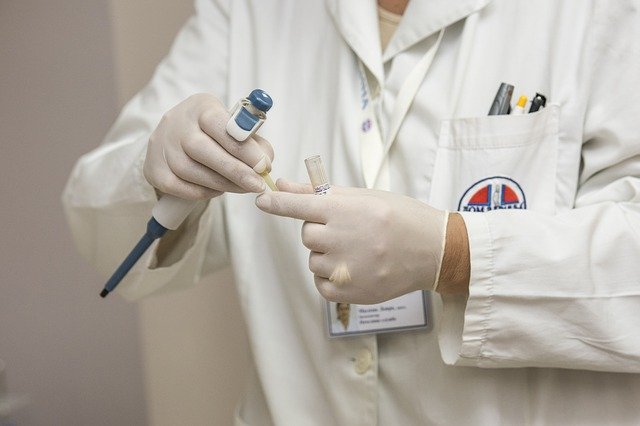Long Island, NY - Sept. 11, 2018 - Sometimes you just aren’t aware of the history you’re living through until you meet with a certain innovation. I’m always urging my grandmother to tell my kids about push mowers, ice boxes, the milkman and the knife sharpening truck. She also explains to them how people had more children because of high mortality rates. If a family had 5 or 6 children, maybe 4 or 5 would survive to adulthood and far fewer would live to become senior citizens. Those were the good old days.
Well, someday OUR grandchildren are going to ask us how we coped with certain evils in our day. We'll have to explain to them that we only dealt with cancer once a person already had the cancer. Even worse, when we did discover the cancer, we usually dealt with it by primitive means - either cutting the tumors out of the body or depositing poison into the body, or both.
Someday OUR grandchildren are going to ask us why so many people of our day died or were injured by the very medicine which was supposed to help them. We'll have to tell them, “Back in our day, we didn’t know someone was going to have a bad reaction to a drug until it actually happened, and sometimes by then, it was too late.” Isn’t that a shame?
Well, having been in the works for years, we finally have tests in 2018 that will enable people and their healthcare professionals to have some foresight into their health - and, of course, to be forewarned is to be forearmed. Further, the testing is as easy as those popular tests to check another type of family history, their ancestry. It's simply a saliva swab.
Simply speak to your doctor or a genetic screening consultant, and they'll screen you for insurance coverage. If certain types of cancers or diseases are present in you or your family history, you may be eligible for full insurance coverage. A phlebotomist - a person trained to take samples for medical testing - can be discharged to your home, take a saliva sample and transport it to a laboratory for testing. Results are returned within a few weeks.
The test results will disclose your propensity for certain types of cancers or adverse drug reactions, or both if you wish. Once you're armed with such information, you'll have the freedom to put preventative medicine into play. You may want to schedule more frequent checkups for a particular disease, because, as is common knowledge, the sooner you know, the better your chances to cure it. You may choose to change your behavior or diet based upon the information. If you know your body will have an adverse reaction to a popular drug, you'll probably want to find an alternative drug as quickly as possible.
Will this affect your health insurance coverage? No. That would be against the law. The Genetic Information Nondiscrimination Act passed in 2008 keeps health insurance companies and employers from discriminating on the basis of information that might be found in a genetic screening. Further, the Affordable Care Act explicitly protects against discrimination not only of pre-existing conditions, but of pre-existing conditions that are found as a result of genetic testing.
To wrap up, humans have gone from leeches and sawing off parts of the body, to a century of drug dosing, tumor surgery and chemotherapy. The next step for healthcare is genetics testing, and it conjures the old adage, “An ounce of prevention is worth a pound of cure.”










